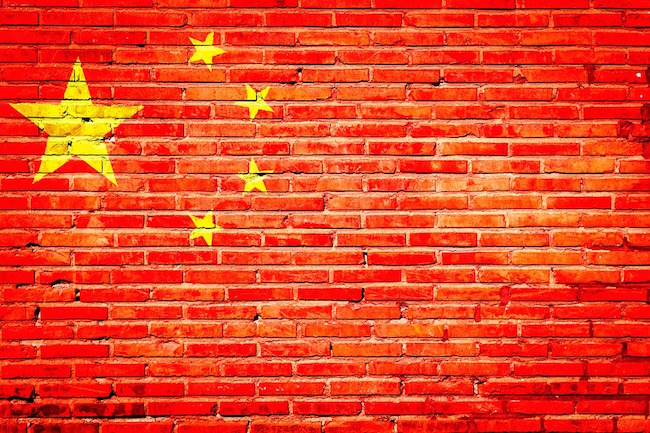Chinese Media: China-Led Trade Bloc Will ‘End U.S. Hegemony’ by JOHN HAYWARD for Breitbart
Chinese state media spent the weekend celebrating the announcement of a massive trade deal with 14 other Asia-Pacific nations — including key U.S. allies like Japan, South Korea, and Australia, but not the United States itself — as the “end of U.S. hegemony in the West Pacific.”
China’s state-run Global Times said on Saturday that the Regional Comprehensive Economic Partnership (RCEP) “indicates that the majority of Asian countries endorse an Asia-wide regional free trade framework that works to benefit all Asian economies and see it as a landmark step toward achieving closer economic integration in East and Southeast Asia.”
“The RCEP sends out the message that Asian countries do not want to choose sides between the U.S. and China,” the Global Times asserted. “More significantly, they are not willing to blindly follow the US and exclude China, the biggest and most vibrant Asian economy, from the region’s integration process. A sound and healthy economic community in Asia cannot be achieved without China’s participation.”
The Chinese paper said RCEP was envisioned as a response from the Association of Southeast Asian Nations (ASEAN) to the Trans-Pacific Partnership (TPP), a free trade deal ostensibly “dominated by the U.S.” that unfairly excluded China. The U.S. ended up withdrawing from the TPP, a ghost of which lingers as the Comprehensive and Progressive Agreement for Trans-Pacific Partnership (CPTPP), whose major North American member is Canada.
“The Trump administration’s withdrawal from the TPP in 2016 resulted in America’s detachment from the process of Asia’s economic integration. The move, representing a Donald Trump-style economic nationalism and isolationism, was quickly followed by the Indo-Pacific strategy, a pro-active geopolitical initiative aimed at establishing a ‘united front’ in the form of an alliance or quasi-alliance to contain China’s rise,” the Global Times lectured disapprovingly.




